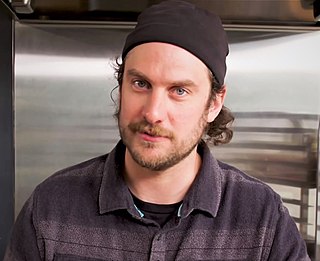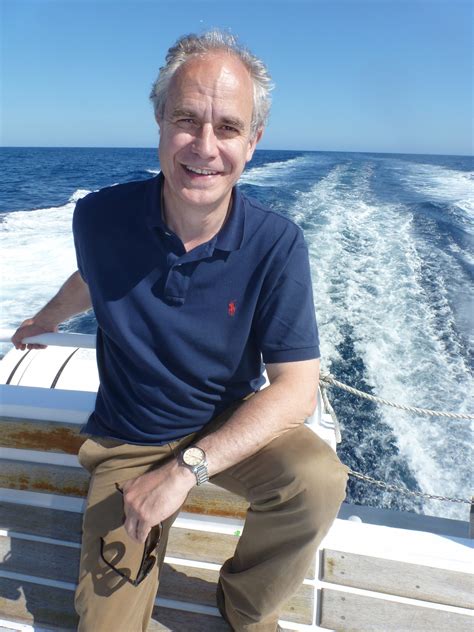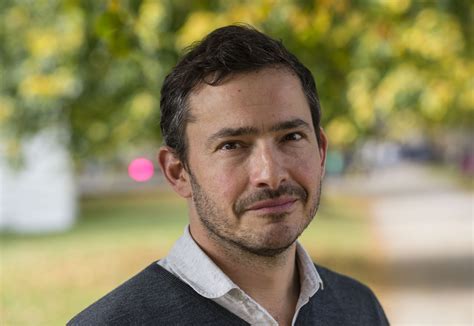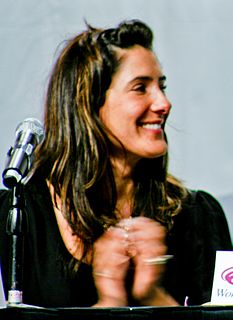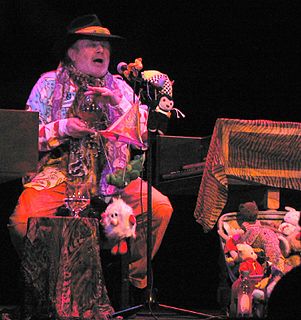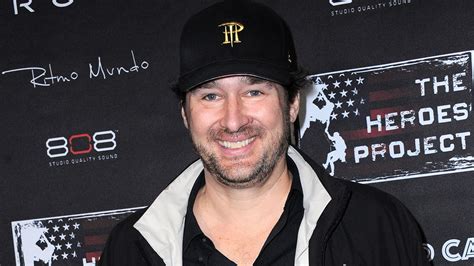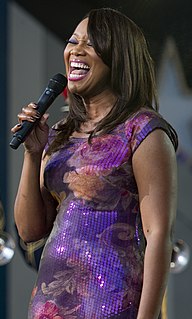A Quote by Brad Leone
People love salmon - but not all salmon is created equal. Farmed fish can be fed yucky things, with harmful side effects to both the fish themselves and to the waters they call home.
Related Quotes
It would be a miracle of God if it happened. I know it... If God wills it, the summer rains will fill the wadis... and the salmon will run the river. And then my countrymen... all classes and manner of men-will stand side by side and fish for the salmon. And their natures, too, will be changed. They will feel the enchantment of this silver fish... and then when talk turns to what this tribe said or that tribe did... then someone will say, Let us arise, and go fishing.
Increasingly, we will be faced with a choice: whether to keep the oceans for wild fish or farmed fish. Farming domesticated species in close proximity with wild fish will mean that domesticated fish always win. Nobody in the world of policy appears to be asking what is best for society, wild fish or farmed fish. And what sort of farmed fish, anyway? Were this question to be asked, and answered honestly, we might find that our interests lay in prioritizing wild fish and making their ecosystems more productive by leaving them alone enough of the time.
For Jewish people, salmon has a special meaning, not just because it's a flavor we've had all along our diaspora. Salmon also have this special return-to-their-roots desire. At the end of their lives, salmon try to swim back to when they were born. Even if they can't, they have this obsession. We as diaspora people love that a lot about salmon.
Salmon farming-the placement of large metal or mesh net cages in the ocean to grow fish-was pioneered in Norway in the 1960s. Since then, the industry has expanded to Scotland, Ireland, Canada, the US, and Chile, but is dominated by the same multinational corporations. Wherever it is practiced, net-cage salmon farming is controversial and raises serious environmental concerns.
